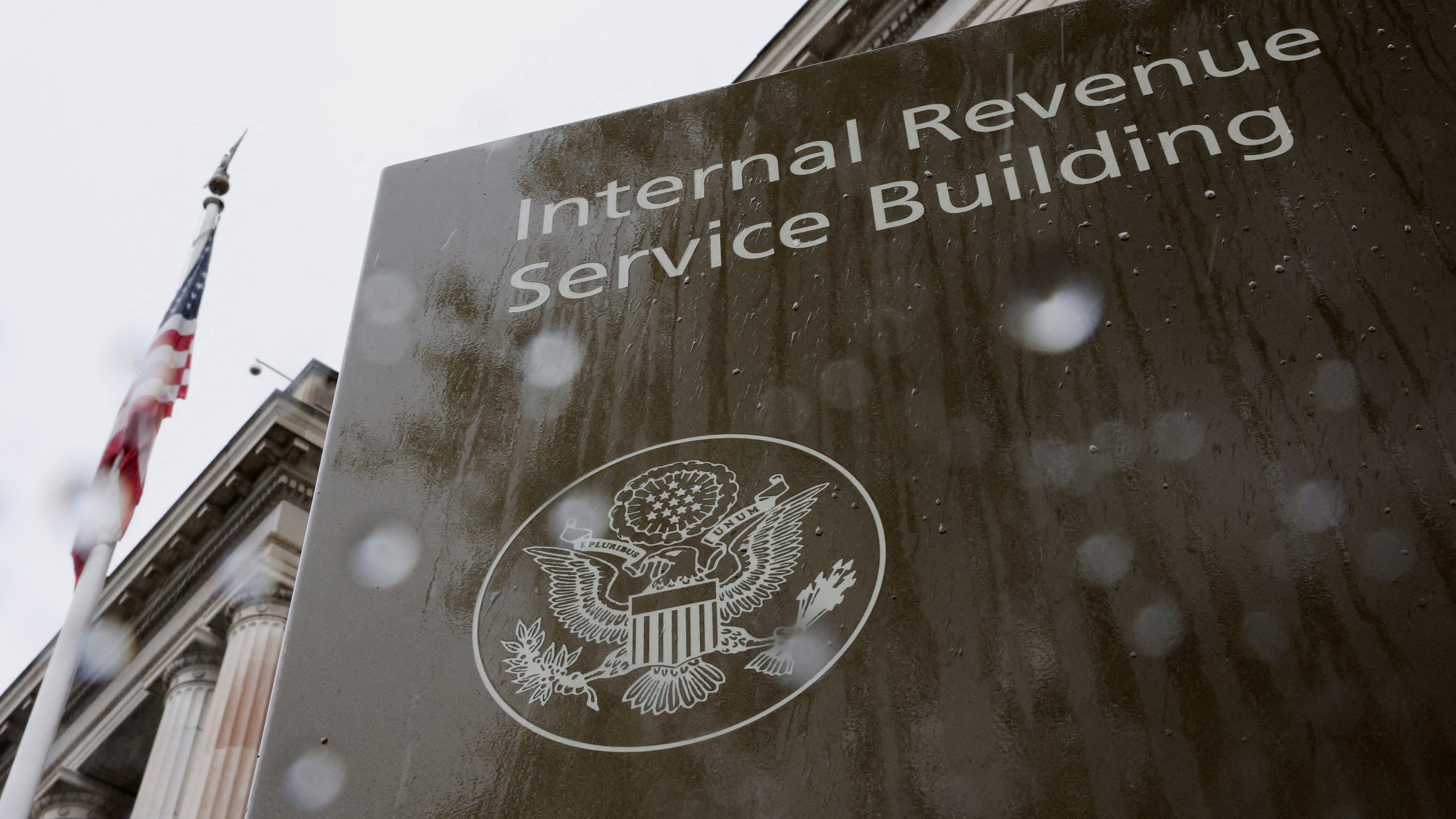Mass IRS Exits: Impact on Tax Season
The Internal Revenue Service (IRS) is facing an unprecedented exodus of experienced employees, raising serious concerns about the upcoming tax season and the agency's ability to effectively serve taxpayers. This mass departure, driven by factors ranging from low pay to high stress levels, threatens to exacerbate existing backlogs and potentially lead to longer processing times, increased errors, and a more frustrating experience for millions of Americans.
Understanding the Exodus
The IRS has seen a significant decline in its workforce over the past decade, with a particularly sharp drop in recent years. This isn't just about a few retirements; we're talking about a substantial loss of institutional knowledge and expertise. Reports suggest thousands of employees have left, creating a staffing crisis that threatens the agency's operational capacity.
Why are so many IRS employees leaving? Several contributing factors are at play:
-
Low Pay and Benefits: Compared to similar roles in the private sector, IRS salaries are often significantly lower. This makes it difficult to attract and retain top talent. The lack of competitive benefits further compounds the issue.
-
High Stress and Workload: IRS employees face immense pressure to process tax returns accurately and efficiently, often under tight deadlines and with inadequate resources. The constant scrutiny and potential for errors contribute to high stress levels and burnout.
-
Lack of Modernization: The IRS's technology infrastructure is outdated, making it challenging for employees to perform their jobs effectively. This outdated technology contributes to inefficiencies and further adds to the workload.
-
Political Climate: The IRS has been subject to intense political scrutiny and criticism in recent years, creating a challenging and often hostile work environment. This can lead to demoralization and a desire to seek employment elsewhere.
The Impact on Tax Season
The consequences of this mass exodus are likely to be significant for taxpayers during the upcoming tax season:
-
Longer Processing Times: With fewer experienced employees, the IRS may struggle to process tax returns as quickly as in previous years. This means taxpayers could experience delays in receiving their refunds or resolving tax-related issues.
-
Increased Errors: A less experienced workforce increases the risk of human error in processing tax returns. This could lead to incorrect tax assessments, delays, and increased frustration for taxpayers.
-
Reduced Customer Service: The staffing shortage is likely to impact the availability and quality of customer service. Taxpayers may find it more difficult to reach IRS representatives for assistance, leading to longer wait times and more complicated problem-solving.
-
Backlog Accumulation: The existing backlog of unprocessed tax returns is likely to grow, further exacerbating the problems mentioned above.
What Taxpayers Can Do
While the IRS is responsible for addressing its staffing issues, taxpayers can take proactive steps to mitigate potential problems:
-
File Electronically: Filing electronically is generally faster and more accurate than filing paper returns. This can help expedite the processing of your tax return.
-
File Early: Filing your tax return early can help avoid potential processing delays.
-
Organize Your Documents: Having all your necessary tax documents readily available will make the filing process smoother and faster.
-
Be Patient: Expect potential delays and be prepared to contact the IRS multiple times if necessary.
Conclusion: A Call for Reform
The mass exodus of IRS employees represents a serious challenge to the agency's ability to effectively serve taxpayers. Addressing this issue requires a multi-pronged approach, including increasing pay and benefits, modernizing technology, and improving the overall work environment. The long-term implications for the IRS and taxpayers alike demand immediate and comprehensive reform. The future of efficient and effective tax processing hinges on it.
